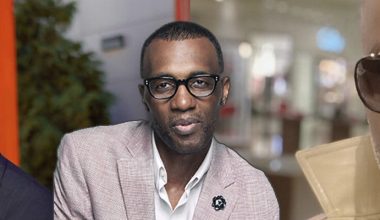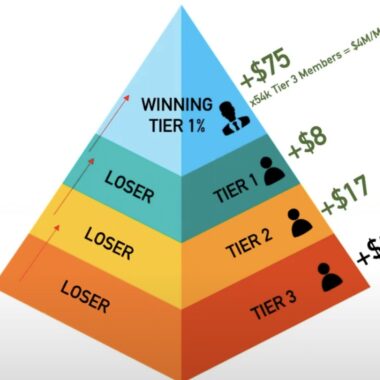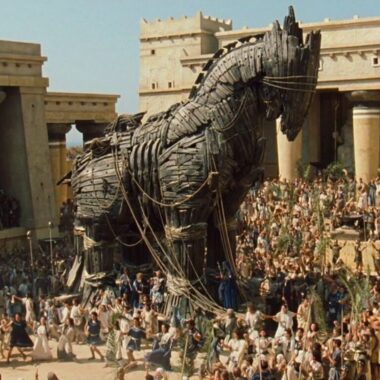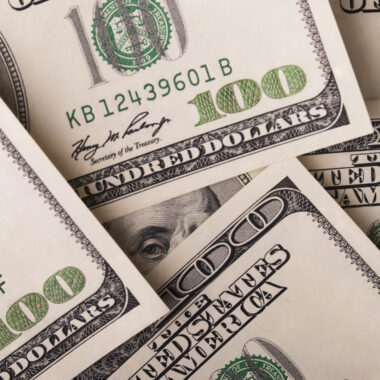I can still vividly recall that lonely bike ride home the night of the 2012 election. I did my best to stay away from the television and the internet–anything to avoid the election results. I knew it didn’t matter who won, but despite Obama and I sharing the same skin color, I just couldn’t be happy for him if he won another term as the President of the United States. At the time it seemed like I was the only person, Black or white, who was dissatisfied with his presidency. Any time I brought up (what seemed to me) his shortcomings, I was called ungrateful, misguided, and by some Blacks; even a sellout.
Obama failed to do anything substantive in response to Trayvon Martin’s murder and for the next 2 years, Blacks were increasingly attacked and killed at a pace we had not seen since the 1960’s. For years I thought I was alone, but I was mistaken. As I became more politically astute, I found there were rallying points on the internet for people who felt like me; that these incidents weren’t as isolated as they seemed.
Table of Contents
The Shift in My World View
It wasn’t until I found the New Black Media that I found the lexicon to explain the things I had been feeling about society, but didn’t have a way to articulate them. It wasn’t until I discovered the New Black Media that I finally started understanding that these white supremacists weren’t just a bunch of random derelicts from a society once removed, they were in fact, part of a system working against me and other Blacks. Talking heads like Mark Lamont Hill, Michael Eric Dyson, Angela Rye, and Breakfast Club seemed more about espousing Black celebrity and not Black empowerment. The few racial injustices they did address were always obvious, but they were mostly lamentations; and rarely did they help to offer solutions to the problems our people are facing.
Once I discovered the New Black Media, all that changed. I learned about scholars like Dr. Claud Anderson, Dr. Frances Cress Welsing, Neely Fuller Jr. and John Henrik Clarke. I learned that there was a racial hierarchy that needed to be upset before we could have any real power. But most importantly, I learned how to be on code with other Black people. But that is just scratching the surface. Understanding everything we are fighting against took a lot of examination and reflection.
Here are the 3 biggest keys from my experiences to understanding how to be on code and why it is important to be on code with other Blacks.
White Supremacy is a System and it is Global
It took me a while to figure this out. History books and mainstream media like to pretend that racism only happened in the southern United States and everywhere else was a beacon of tolerance. Although I should’ve known better, I mistakenly believed this to be true, and gave every white person the benefit of the doubt because I wanted to believe that there were “good white people” out there, and that the majority of bigots were relics from a different, less tolerant America.
When I left home for college I did some traveling abroad and domestically. I lived in “progressive” cities like Portland, Austin, Oakland and in various instances, what I found was no different from the southern cities I grew up in. The interpersonal encounters with these west coast whites may have been less blatantly racist, but the hostility was simply administered differently. In cities like these, Blacks were at best, merely tolerated, and at worst, discriminated against or ignored altogether. Even the “cool” whites approached their interactions with Blacks from a standpoint of voyeurism and satire. Once I started going to other countries, I quickly realized that Blacks and Africans weren’t treated much better abroad. Imagine my shock when I found out that Blacks were completely wiped out of (now) all white enclaves such as Australia and Argentina. I used to think I could run to some other place like Canada or Spain (don’t laugh) or–even worse— “back to the motherland.”
Black People, We Are All We Got
I used to be a champion for the underdog, no matter the circumstance, or ethnic background, injustice towards others never sat right with me. If there was a cause to fight for, you could count me in: climate control, discrimination against other “minorities”, wage gaps, sexism in the work place, etc. It didn’t hit me until after Trump was elected, that all the fervor and support that I brought to the table to help other groups was not even close to being reciprocated towards my own people. The same people cheering for DACA being upheld were nowhere to be found until the George Floyd footage hit the public eye. Until then, every hashtag of a Black life taken was met with mostly silence and occasional sympathetic word or two. Even so called allies will call out the police, but in the next breath, push for better training and police reform. Most of my life, I thought that it was all non-whites vs whites on the chessboard. I didn’t realize until it was much too late, that most non-whites align their sympathies with whites, and even some Blacks (American and foreign) have chosen the side of the oppressor as well. It was clear that the “Black And Brown” coalition was merely another misdirection tactic pushed onto American Blacks, convincing us that we all had the same struggles. To quote John Henrik Clarke, “we have no allies. If you want a friend, then look in the mirror.
Stay Ready, and You Don’t Have to Get Ready
Being ready is indeed, being on code. One way to minimize your chances of conflict is to minimize contact. This extends to both Blacks and non-Blacks. I learned from Neely Fuller Jr. that the best way to avoid conflict is to minimize hanging out, socializing, and partying as much as possible. If one does engage in social behaviors, the key is to make sure it is in a constructive setting because being constructive is just one other way of staying on code. Growing up in high school and college, I got a little too comfortable hanging out too late with different groups of people. Some of these instances led to having to interact with police. I somehow never managed to get hurt or worse, but looking back on those times, I can see how I put myself in harm’s way simply by being out late; often in an inebriated state. Not paying attention to my surroundings, and being socially unaware could’ve easily led to my peril. White Supremacists love soft targets and anytime you leave the house without a weapon, or not dressed for the possibility of combat, you are a soft target, and as a result, off-code. These past 5 years, I have learned the importance of holding heat, staying aware and staying sober.
Now that I’m in tune with the New Black Media, I’m not only caught up, I’m also ahead of the general public who rely on mainstream media. It’s one thing to stay abreast of current events, but it’s another thing entirely to know and understand what is coming down the pipeline. The new black media does a great job of accurately predicting what’s down the road and how Blacks (in particular) should prepare for it. Being prepared is not just a good Scout’s motto, it is just another way to stay on code. Because again, if you stay ready, then you don’t have to get ready. Stay safe, and be dangerous.





Loading new replies...
Join the full discussion at the 6ZEROS | Stay Woke →